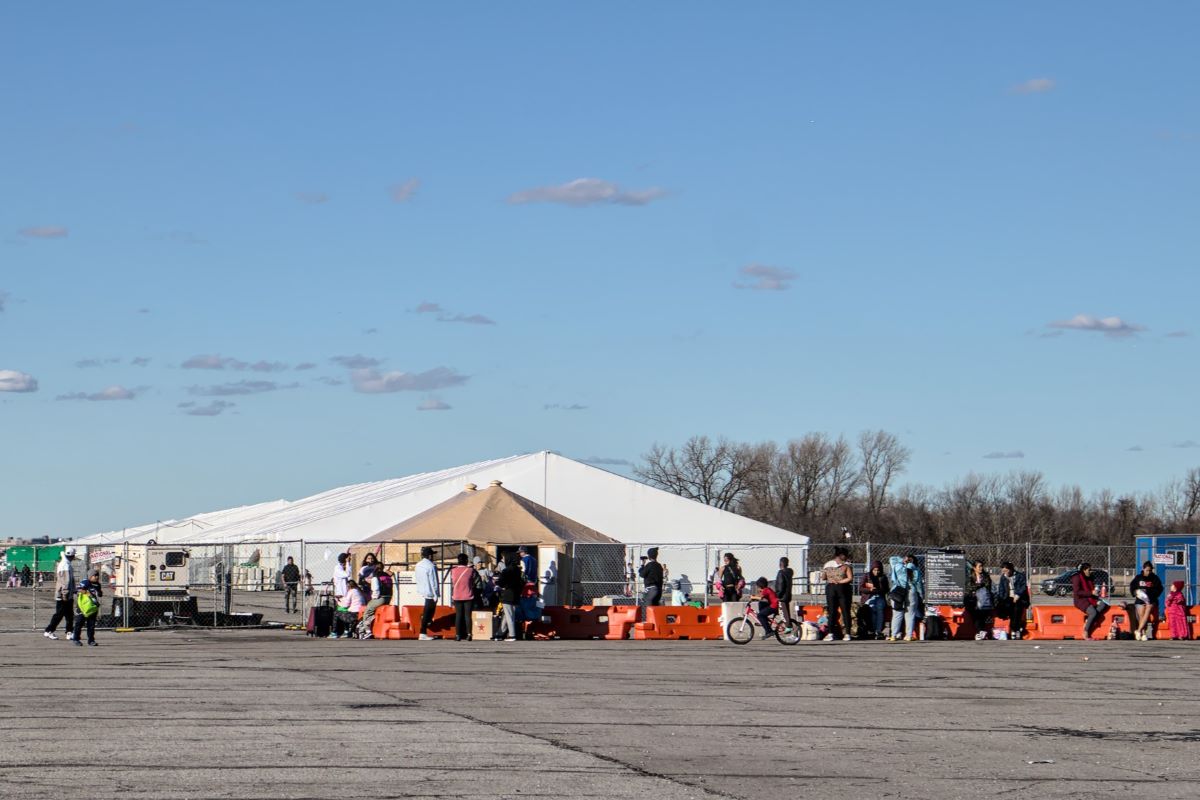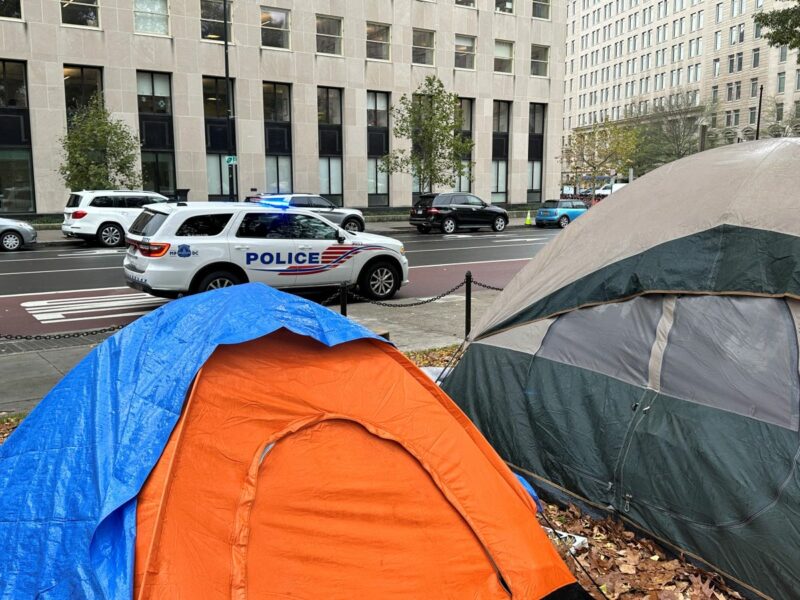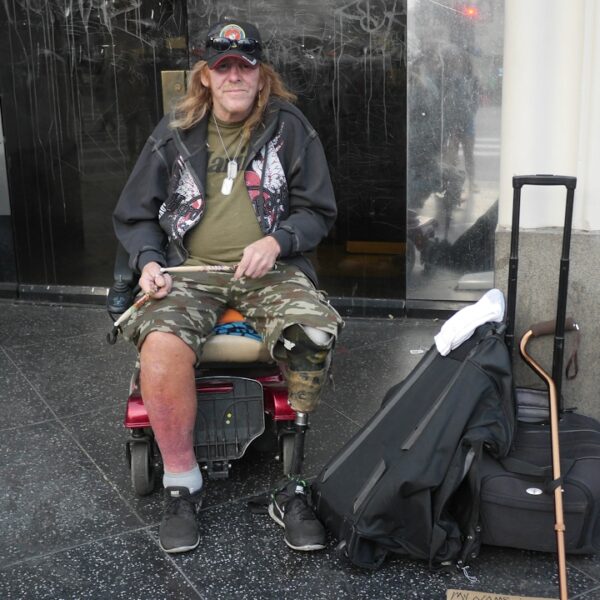Although New York City continues to be a leading example in responding to the migrant crisis by taking in asylum seekers, it hasn’t occurred without many struggles and difficulties along the way.
With the city’s shelter system already stretched beyond its limits and little affordable housing, it would be great to see other cities take the initiative to provide a haven for migrants entering the United States. I am hopeful that states with a lower cost of living will receive adequate funding to establish shelters, social programs, and other essential resources for migrants. Until then, New York City address a new homeless crisis stacked upon an existing one.
Migrants Continue to Suffer Through NYC Shelter System
Many of the challenges homeless migrants face are challenges homeless people in New York City have faced for many years. These issues include curfew and locked-out policies and poor shelter conditions. But worst of all, minimal shelter stays for migrants.
In a recent article by Robert Davis, we learned that “the city will now limit the number of days a single migrant over the age of 23 can stay in one of its shelters to 30 days … that stay can be extended to 60 days based on individual circumstances.”
New York’s Right to Shelter has kept many homeless people in New York City safely under a roof for decades, but its law has been under scrutiny for a long time. New York Mayor Eric Adams attempted to overturn the policy altogether but ended his push after months of mediation with the local advocacy community.
Migrants who do manage to enter the shelter system face numerous difficulties.
Closure of Makeshift Migrant Shelter Sparks Controversy in Queens
In Queens, a makeshift migrant shelter was recently shut down by police. This privately owned and “technically illegal” shelter was located inside Ebou Sarr’s furniture store in Richmond Hills, Queens. Now, dozens of West African migrants are left sleeping out on the sidewalks in Queens. Sarr was providing beds for migrants for $300 a month and shelter in another location in the Bronx.
Some disagree with Sarr’s method, but compared to city-sponsored shelters, with 30-day limits, a warm bed in a warehouse basement can offer a kind of security that city-sponsored shelters cannot.
Sarr argues that the city is treating migrants “like animals,” inspiring him to devise a solution himself. City Council member Alexa Aviles said it’s not the time to demonize Sarr and other grassroots-led efforts.
Now, the group of West African migrants has to return to the shelter in-take in Manhattan’s East Village, where they are guaranteed a long journey but not a bed.
Challenges in Midland Beach: Migrant Shelter Sparks Community Concern
Across the bridge in Midland Beach, Staten Island, a migrant shelter operates in violation of city codes and other regulations. In a letter to Governor Kathy Hochul, Mayor Eric Adams, and John Greenwood, executive director of Homes for the Homelessness, elected officials state that the shelter violates city codes and other regulations. In the letter, they plead for the city and state to take a closer look at the Midland Beach migrant shelter as it continues to operate unlawfully.
The site formerly served as a senior housing facility and one of few affordable, independent living residences for seniors and veterans in Staten Island. Residents of the former community were sent letters indicating they would need to find new housing. Later, city officials confirmed the senior housing facility would be converted into a migrant shelter in a three-year-long contract worth $30 million.
In response to the sale, the group of elected officials wrote:
“We demand accountability and adherence to the mission first established for Island Shores as you have a moral and legal obligation to this community. We will employ all available legal avenues to ensure compliance with the residency agreement and local laws governing the operation of this facility,” the group wrote. “There remains a dire need in Staten Island for affordable independent living residences for seniors, so taking this facility away from a vulnerable population of seniors and veterans is a slap in the face to our community.”
As the city continues to scramble to find shelter space for migrants, many communities feel the tension. It goes without saying that New York City residents worry about existing vulnerable populations, including seniors, and the existing 100,000-plus homeless New York City residents.













